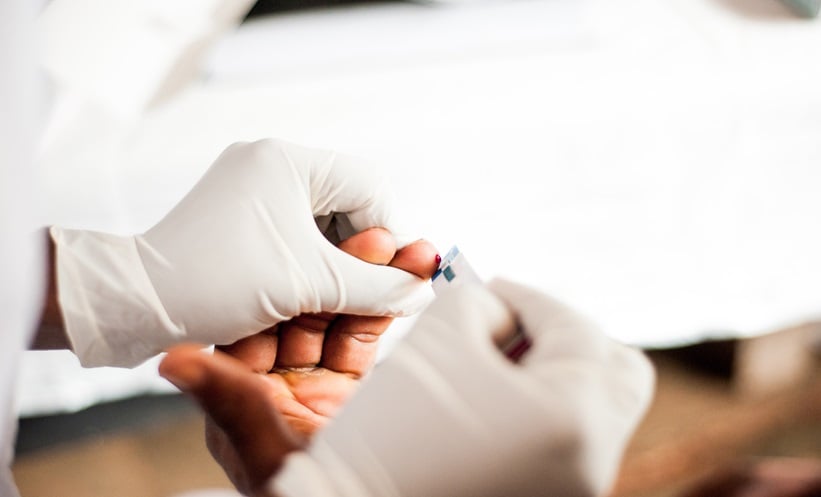A SIGNIFICANT proportion of adults living with HIV have been found to have anaemia, with several risk factors contributing to its prevalence, according to recent research.
This study aimed to assess the prevalence, severity, and risk factors of anaemia among adults living with HIV in the antiretroviral therapy (ART) centre in Woreta Primary Hospital, Ethiopia. Anaemia is a common complication in individuals with HIV, and understanding its contributing factors is critical for improving patient care. This hospital-based retrospective cross-sectional study was conducted by reviewing 289 medical records of adult patients with HIV on highly active antiretroviral therapy (HAART) from February 2019 to September 2023. The setting was a public health facility in Woreta, which provides HIV care to the local population.
The researchers systematically reviewed the records, and the data were processed using Epi-info V.7 and analysed in SPSS V.23. The study applied bivariate and multivariate logistic regression models to identify risk factors associated with anaemia. Results showed an overall anaemia prevalence of 31.5%, including 20.42% mild cases, 10.38% moderate cases, and 0.70% severe cases. Key predictors of anaemia were female sex, age ≥40 years, living with HIV for more than 10 years, CD4 counts <200 cells/µL, non-suppressed viral load, history of opportunistic infections, advanced WHO clinical stages III and IV, and parasitic infestations.
In conclusion, anaemia is prevalent among HIV-positive adults on ART in Woreta, with several modifiable and non-modifiable risk factors. Clinically, these findings highlight the importance of maintaining higher CD4 counts, controlling viral loads, and preventing opportunistic infections and parasitic infestations. Regular monitoring and tailored interventions could improve anaemia outcomes in HIV patients, contributing to better overall health and quality of life.
Katrina Thornber, EMJ
Reference
WS Zewdu et al. Unveiling the prevalence of anaemia and its predictors among adults on highly active antiretroviral therapy in the dolutegravir era: a retrospective cross-sectional study. BMJ Open. 2024;14(9):e086480.







